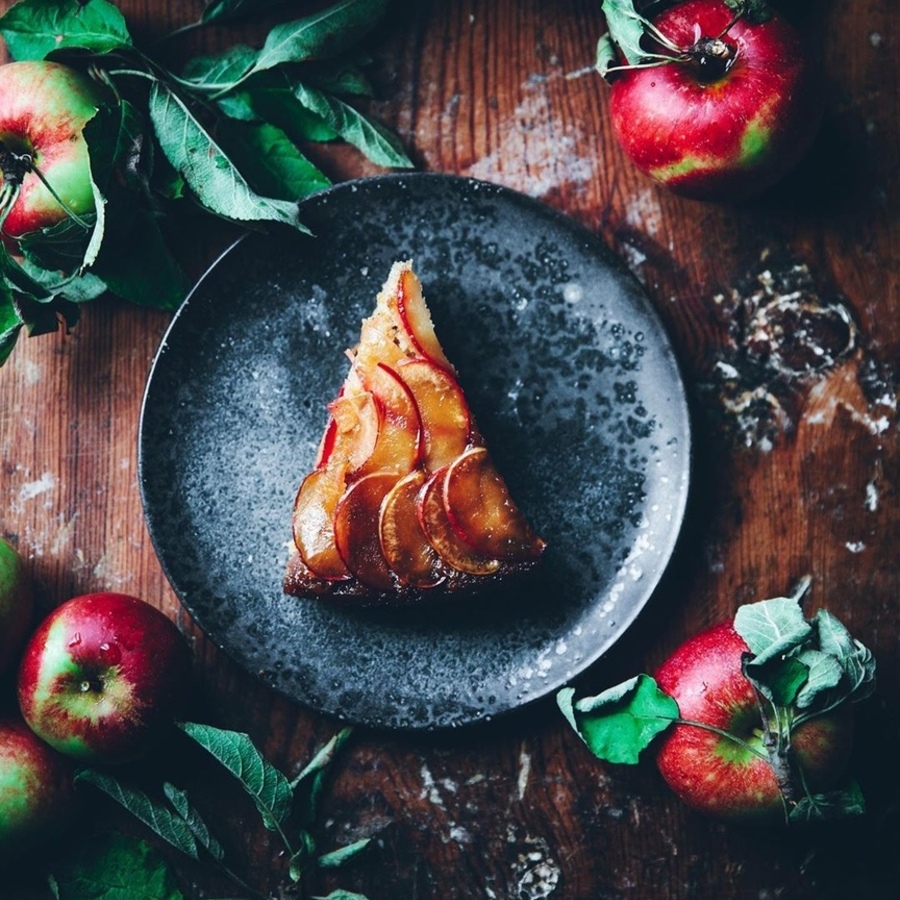Shokuiku: The Japanese Secret to Harmony with Food and Yourself
We’re used to thinking of the word “diet” as a sentence: strict rules, endless calorie counting, and guilt after a slice of cake. But in Japan, there’s a completely different approach — Shokuiku.
We’re used to thinking of the word “diet” as a sentence: strict rules, endless calorie counting, and guilt after a slice of cake. But in Japan, there’s a completely different approach — Shokuiku. It’s neither a diet nor a passing trend; it’s a true philosophy of eating, taught in schools and helping the Japanese remain among the healthiest and longest-living people in the world.
Shokuiku (食育) translates as “food education.” But in essence, it’s a way of life. It teaches you to enjoy your meals, be grateful for your food, respect your body, and share meals with loved ones. It’s not about bans or harsh restrictions, but a gentle yet highly effective way to build a healthy relationship with your plate.
Here are the 4 principles of Shokuiku:
Listen to your body, not the calorie counter
Forget counting and food apps. The Japanese teach mindful eating: slowly, without gadgets or TV, paying attention to your appetite. Eating out of boredom or stress is not Shokuiku.
Choose simple and “alive” foods
Core foods: seasonal vegetables and fruits, fresh fish, whole grains, legumes, nuts, and seeds. Minimal sugar, preservatives, and trans fats. It’s not expensive “superfoods,” but simple, real food.
Variety and balance
The Japanese bento is the perfect example: small portions of different dishes, prepared in different ways. Steaming, simmering, grilling, fresh vegetables. This keeps meals interesting and maximizes benefits.
Eat together
For the Japanese, food is a social ritual. Eating together reduces stress, boosts mood, and even helps you live longer.



















